Essential Gear for your Baby's First Six Weeks
Date Posted:13 December 2017
Essential Gear for Baby's First Six Weeks
Newborn Necessities
Newborns don't require an extensive wardrobe. But there are some basics that you'll want to have on hand when your baby comes home. Buy a couple of side-tie or side-snap T-shirts to put on the baby until the umbilical cord separates. After that, dress your little one in his "working" outfit, the onesie. These little pull-over-and-snap T-shirts are the equivalent of a farmer's overalls for your baby. Buy at least six—more if you don't want to launder as often—because your baby will likely wear two or more every day. Have a half-dozen pairs of socks on hand, too, to keep his little feet warm.
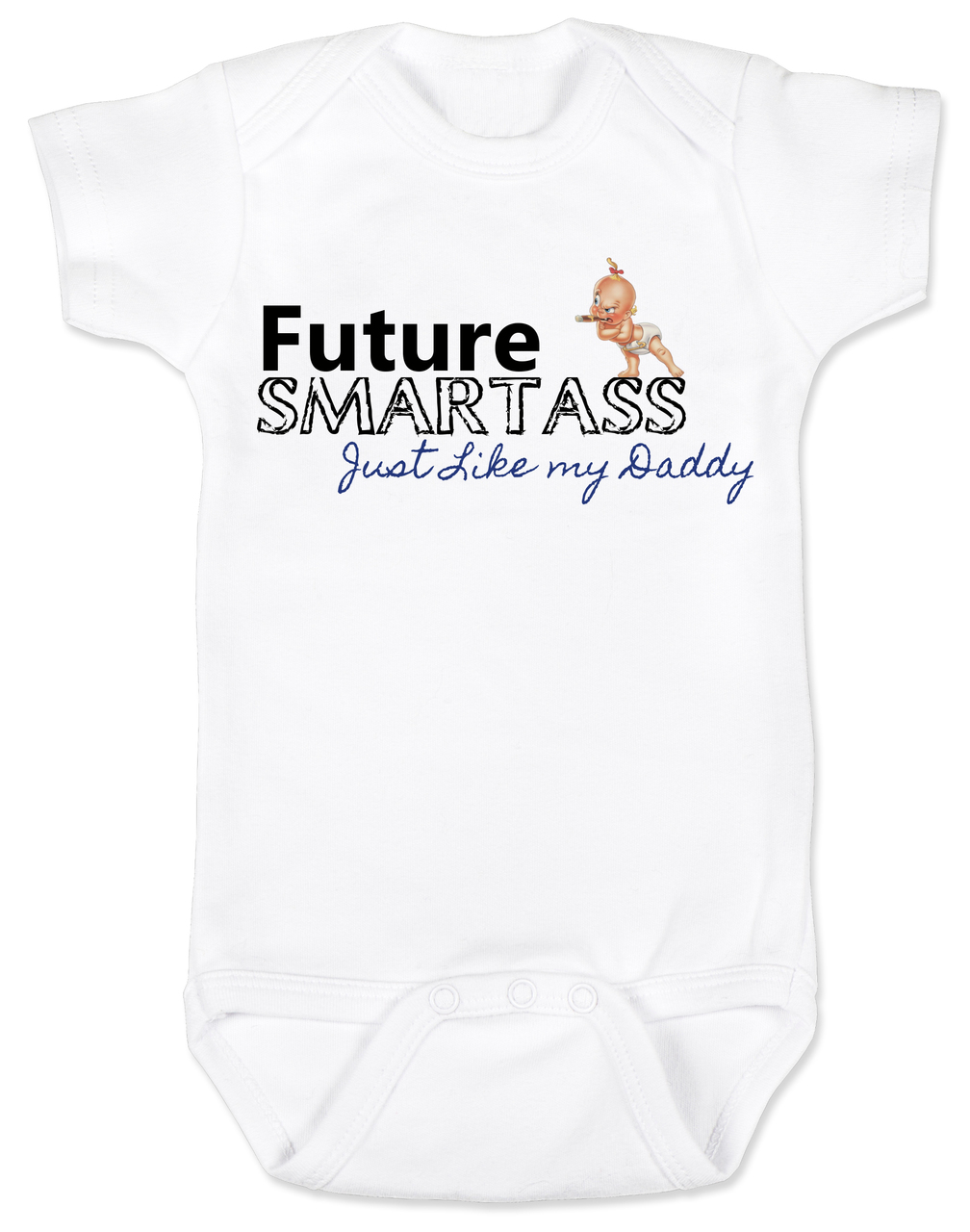
Sleepers and Sleep Sacks
Purchase a half-dozen stretchy sleepers that will cover your baby from neck to feet, with snaps in the leg area for changings. Sleepers, as you might guess, are perfect for night time but are also good all-around traveling clothes. Babies grow out of these quickly so don't give into the temptation to buy all the cute ones you see.
Sleep sacks are good for cold nights—get a few to see you through the first weeks.
Knit Sweaters and Caps
If you have a winter baby or live in a cold climate, you will want to have a knit sweater and a cap or two for your baby to keep her warm. Since heat is lost out of the top of her head, these little caps are essential to maintaining Baby's body temperature. Buy a baby snowsuit, too, if your winters are very cold; otherwise, wrapping a well-clothed baby in a heavier blanket will suffice.
Disposable (or Cloth) Diapers
You should have two packages of disposable diapers or enough cloth diapers for two days on hand at all times. But since babies do tend to go through several every day, look for sales and coupons and stock up whenever possible if you're using disposables. Make sure to purchase the right size, too, to avoid leakage. Use a natural diaper cream when necessary, avoiding those made from petroleum products. A good diaper pail is also helpful, but remember to empty it frequently.
Baby Bath Tub
You will be bathing your infant daily, so a small plastic baby bath to place in the tub or in a large sink will help make the task easier -- even fun! Be sure to hold onto Baby while in the tub. Use specially formulated baby wash and baby shampoo to clean your baby -- they are gentler on new skin than regular soaps.
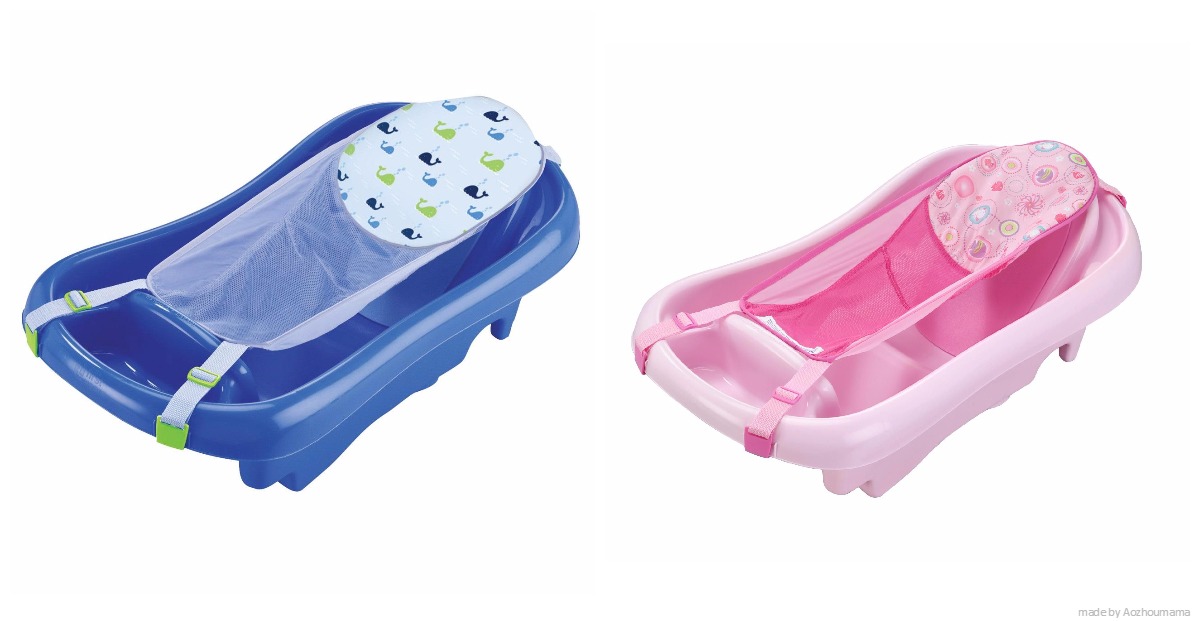
Disposable Wipes
Disposable wipes are handy for diaper changes and for messes away from home. Keep a good-size pack near your changing area and a travel pack in the diaper bag. Avoid fragrance and use only after the first few days (use alcohol wipes on the cord area before it falls off). You'll want to have three hooded towel and washcloth sets to keep up with the frequency of bath time.
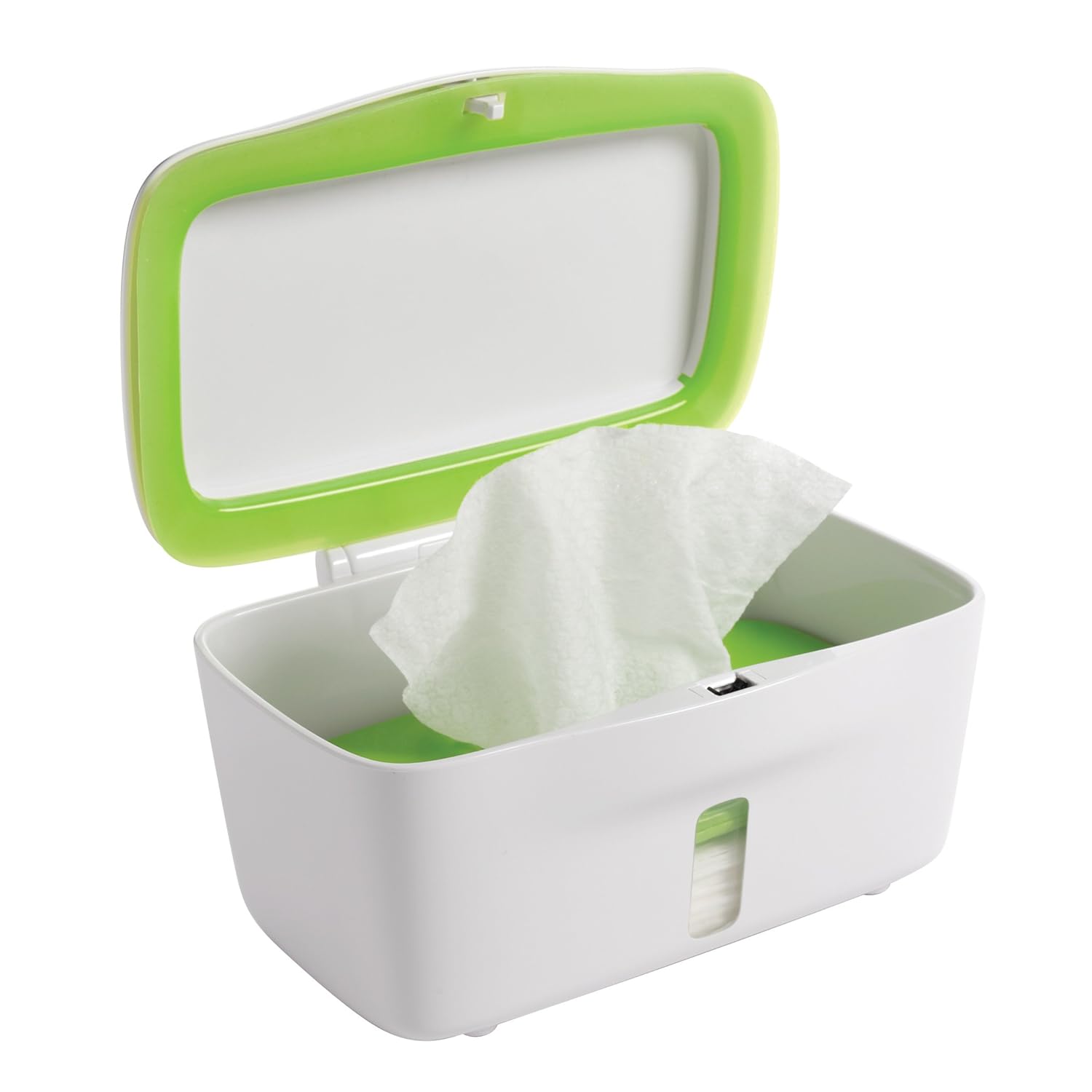
Grooming Gear
Keeping baby's nails short will prevent him from scratching himself and you. Use blunt nail clippers made especially for baby's soft little nails. Buy a bottle of baby lotion to rub on his skin after a bath to keep it moist. Be sure to purchase lotions formulated for babies, and if your little one is prone to rashes or eczema, try oil made with calendula. If your newbornhas hair, purchase a fine-toothed baby comb to gently style his hair after bathing.
Doctor's Tools
Newborns are uncooperative little patients at doctor visits when they're sick or they've just had immunizations, but a few tools will help calm your fussy baby. Keep a bottle of infant acetaminophen drops for treating fevers with a doctor's recommendation. Make sure you have a nasal aspirator for stuffy noses since newborns can't breathe easily through their mouths. And don't worry about that startled look on your baby's face when you use it -- it doesn't hurt. To help track temperatures for the doctor, have a digital baby thermometer on hand.
Crib and Mattress
Purchase a new crib and mattress for your first baby to be sure that it meets all consumer safety requirements. There are so many styles available that it can be overwhelming, but even the simplest crib can be dressed up with adorable linens. Buy a couple of quilted mattress pads to prolong the life of your mattress and two waterproof liners if the pads are not already lined.

Crib Sheets
Buy fitted crib sheets to suit your nursery decor. You will want to wash them frequently, so have three or four on hand. There is no need for a top sheet or blanket in the crib.
Baby Blankets
Baby blankets make wonderful gifts so you might never have to buy one for your own baby. You should have four receiving blankets to lay the baby on wherever you put him down (except the crib -- never put blankets in the crib). Receiving blankets are usually a thin, soft flannel or knit. Have a couple of heavier blankets on hand to wrap your baby in colder weather or for outdoor walks.
Baby Bottles and Burp Cloths
For the first few weeks, your baby will seem like a sleeping and eating machine. Fortunately for you, the menu's pretty limited. You will need to have four to six 4-ounce and 8-ounce bottles, a bottle brush for cleaning, and four to six bibs. It's also a good idea to have about a dozen burp cloths on hand to protect your clothing. Cloth diapers make ideal burp cloths.
If you are nursing, you will also want to have nursing bras, disposable nursing pads, and a breast pump.
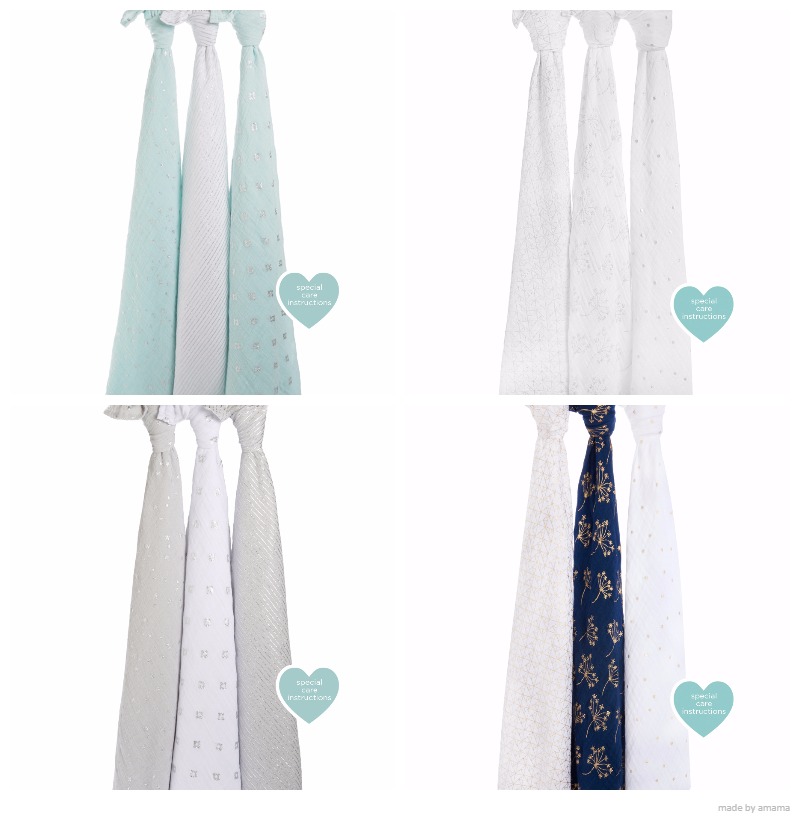
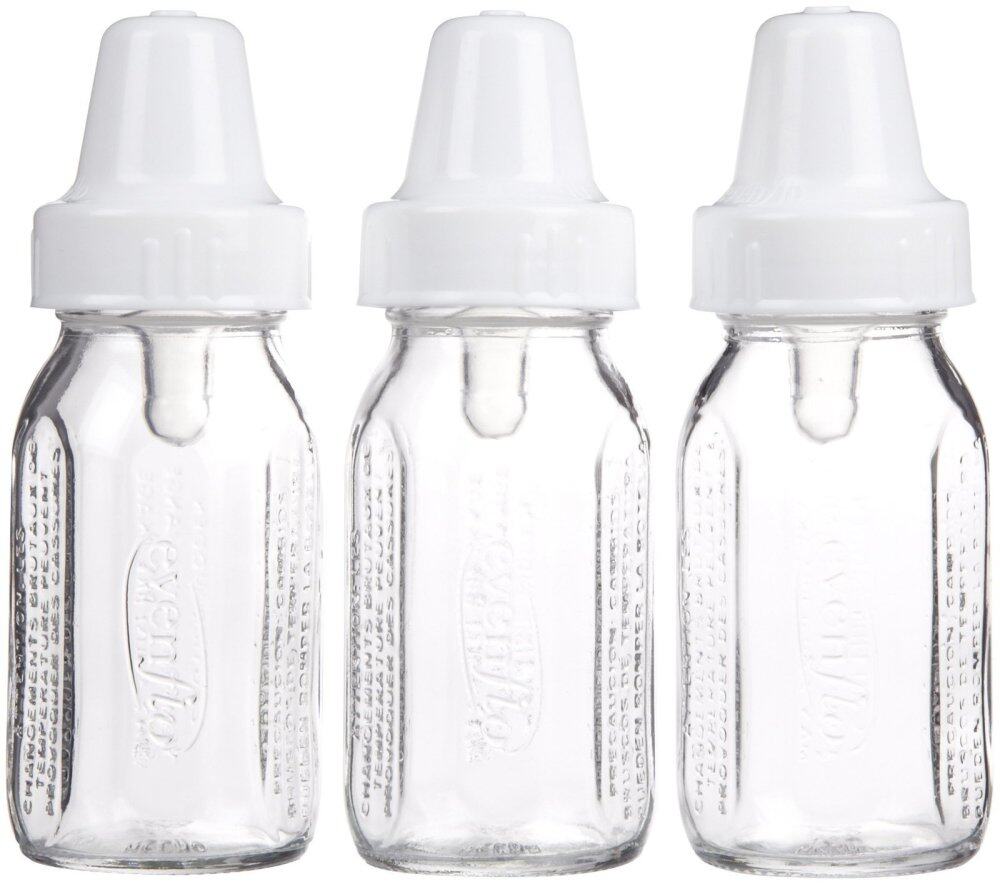
Diaper Bag
A diaper bag is a must-have for outings with your newborn. Choose a roomy style with compartments that will help you find necessities quickly. Also look for one that includes a foldout changing pad since you can't control your surroundings when Baby needs a diaper change. Select a style that suits you -- not your nursery décor--and if you ever want Daddy to carry it for you, you might want to consider his style, too.
Infant Car Seat
An infant car seat is the only baby gear that you are absolutely required to have, as the hospital will not allow you to take your baby home without it. Buy it a few weeks before your due date and practice securing it properly in all your vehicles to get familiar with it before the baby comes. Find a seat that doubles as an infant carrier so you have an easy resting spot for the baby in a grocery store or restaurant, for example.
Stroller or Baby Carrier
Taking walks with your new baby is one of the simple joys of motherhood. A stroller will make it easy to get around the neighborhood or, especially in cold weather, the mall. There are so many different styles available that it's worth shopping ahead of time and "test-driving" as many types as you can to see what fits your needs best. For example, if you live in a city apartment, an easy-to-fold style might be best for you to store or get on the bus. On the other hand, if long, suburban rambles are on your to-do list, a stroller with a sturdier frame and plenty of storage pockets might be just right.
As an alternative, you might want to invest in a baby carrier or wrap so you can wear your baby around town.
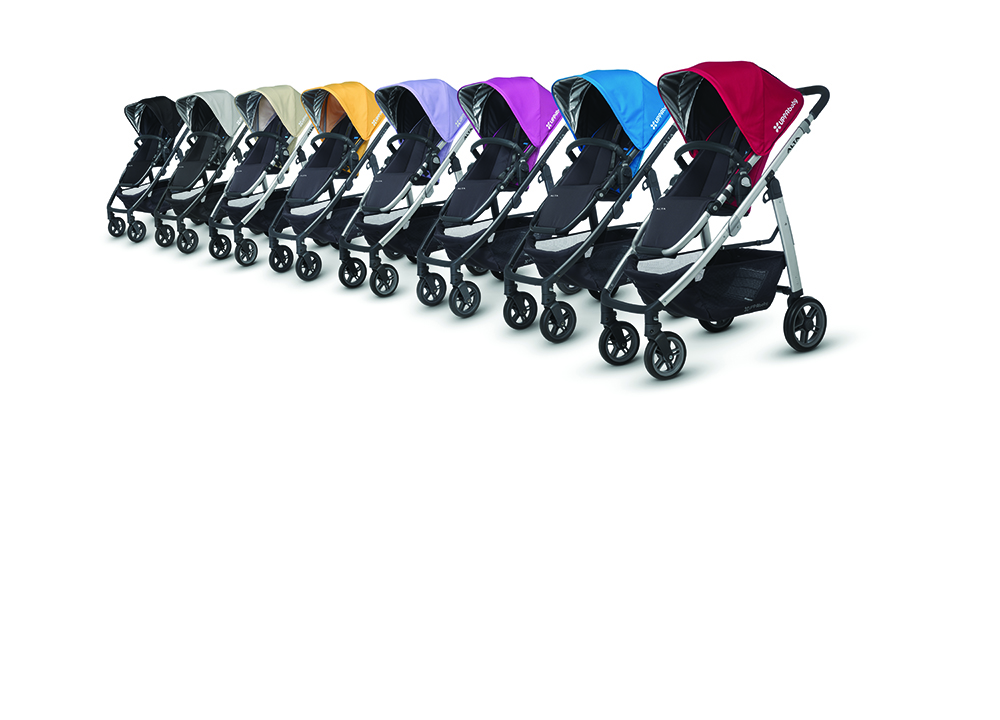
Baby Monitor and Nightlight
Although most new parents are inclined to hover over their babies every moment, it's not always possible. A baby monitor offers some peace of mind in those moments when you're out of earshot of your baby's cries or coos.
Keeping a nightlight in the baby's room is also a good idea. There will be many nighttime visits, and stumbling around the room when you're half-awake isn't safe for you or the baby. A low-level light won't startle either of you and is perfect for feeding or changing.
Reference
Debra Wittrup (2017). “Essential Gear for Baby’s First Six Weeks”. Retrieved from https://www.parents.com/baby/gear/registries-buying-guides/essential-baby-gear/





